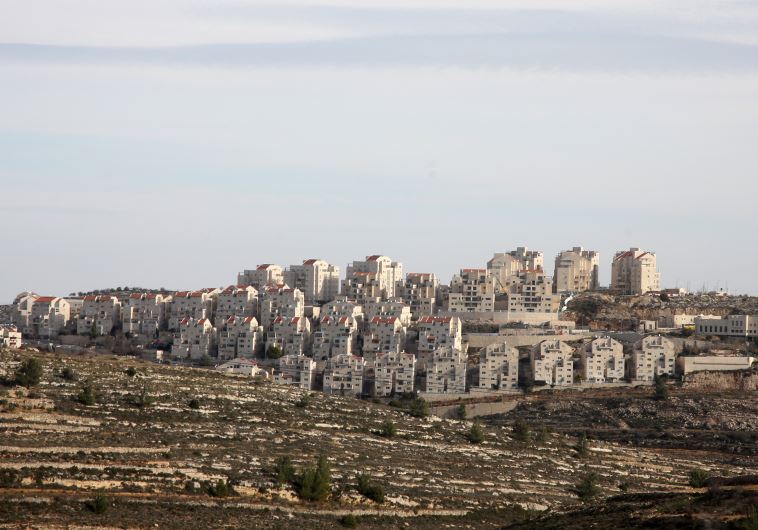A Fresh Perspective: End the occupation, bring sovereignty
When Judea and Samaria are unable to grow and prosper, both Palestinians and Israelis end up suffering from the lack of growth.
 Efrat settlement, West Bank(photo credit: MARC ISRAEL SELLEM/THE JERUSALEM POST)
Efrat settlement, West Bank(photo credit: MARC ISRAEL SELLEM/THE JERUSALEM POST)